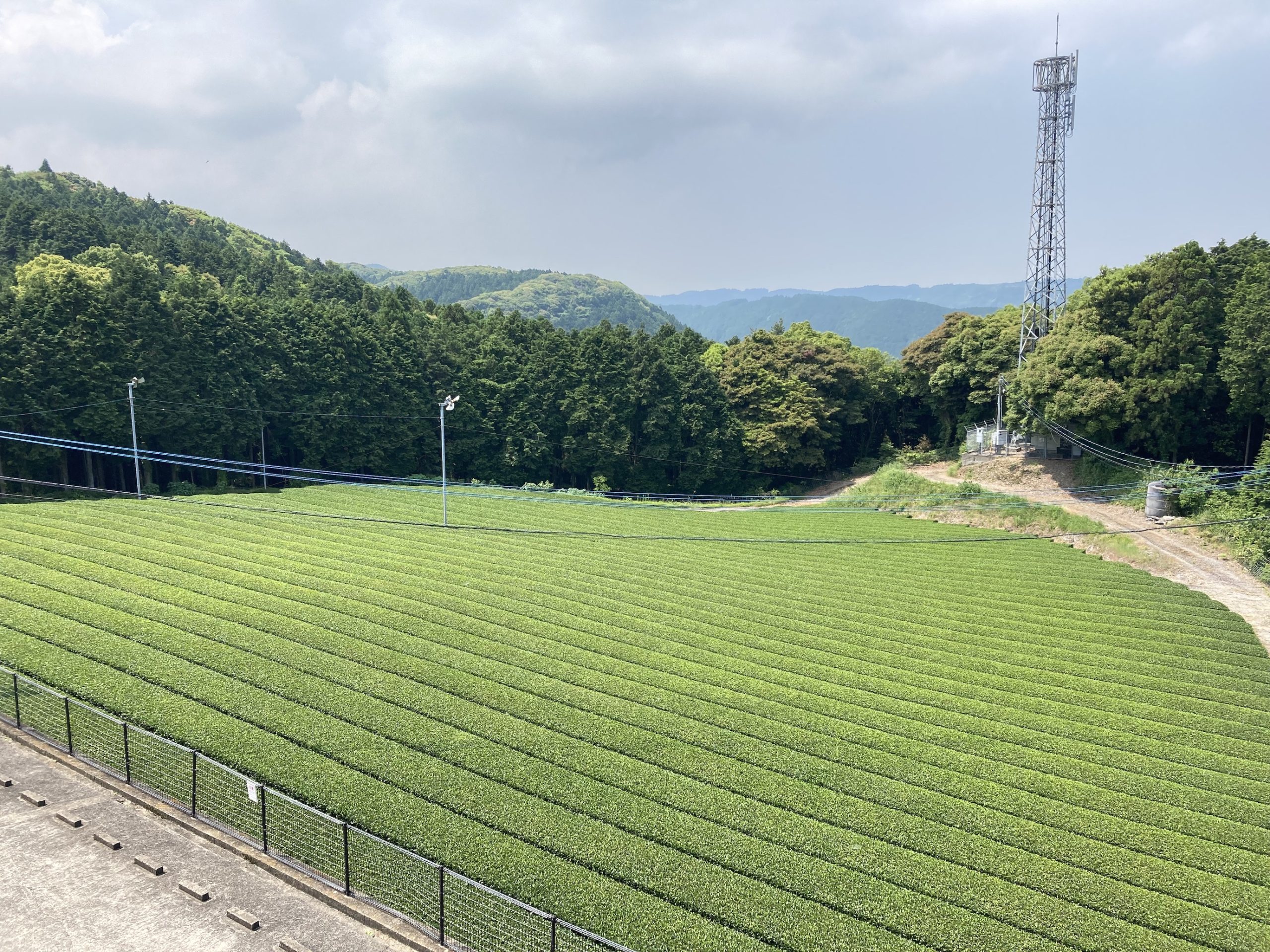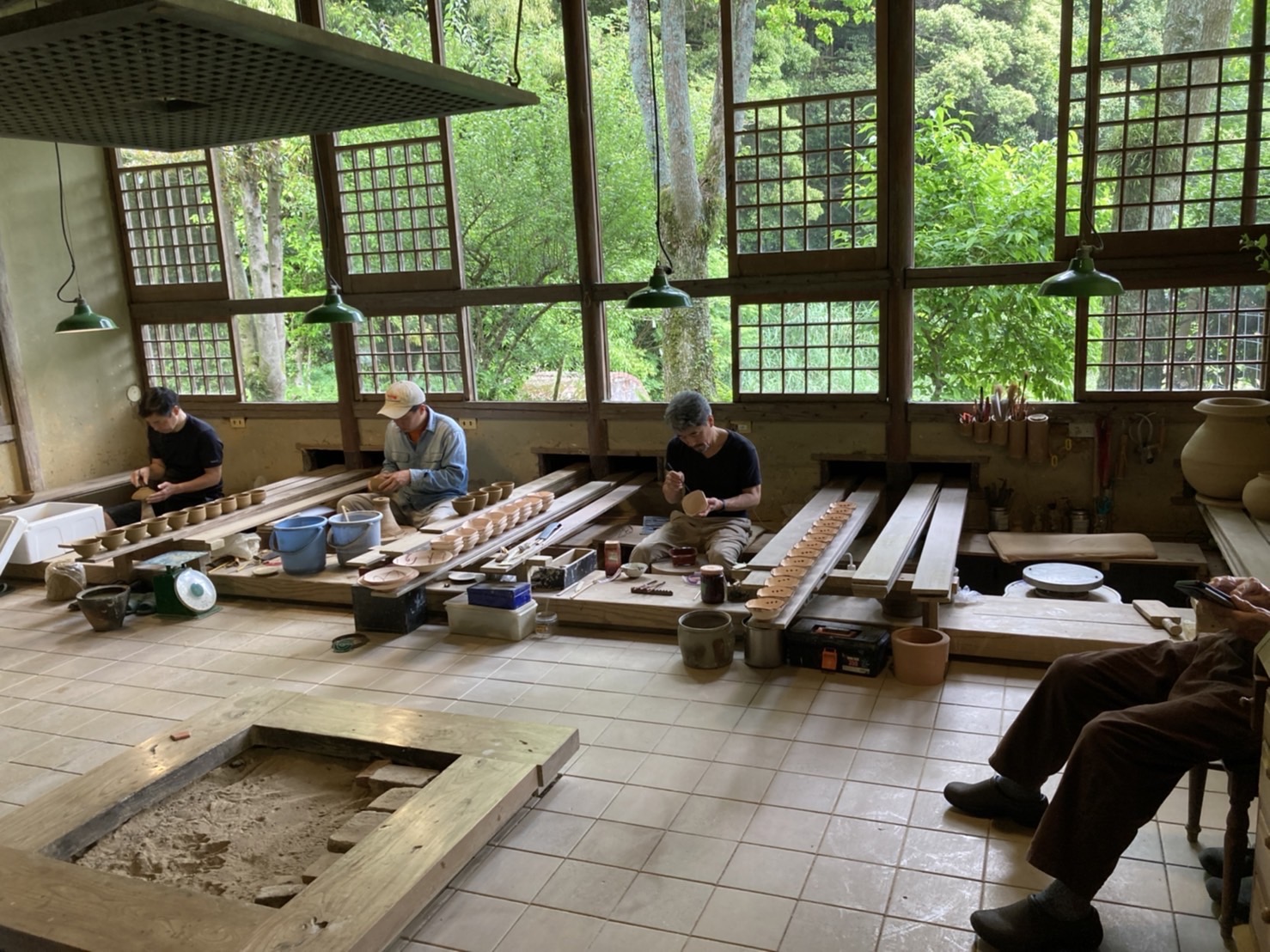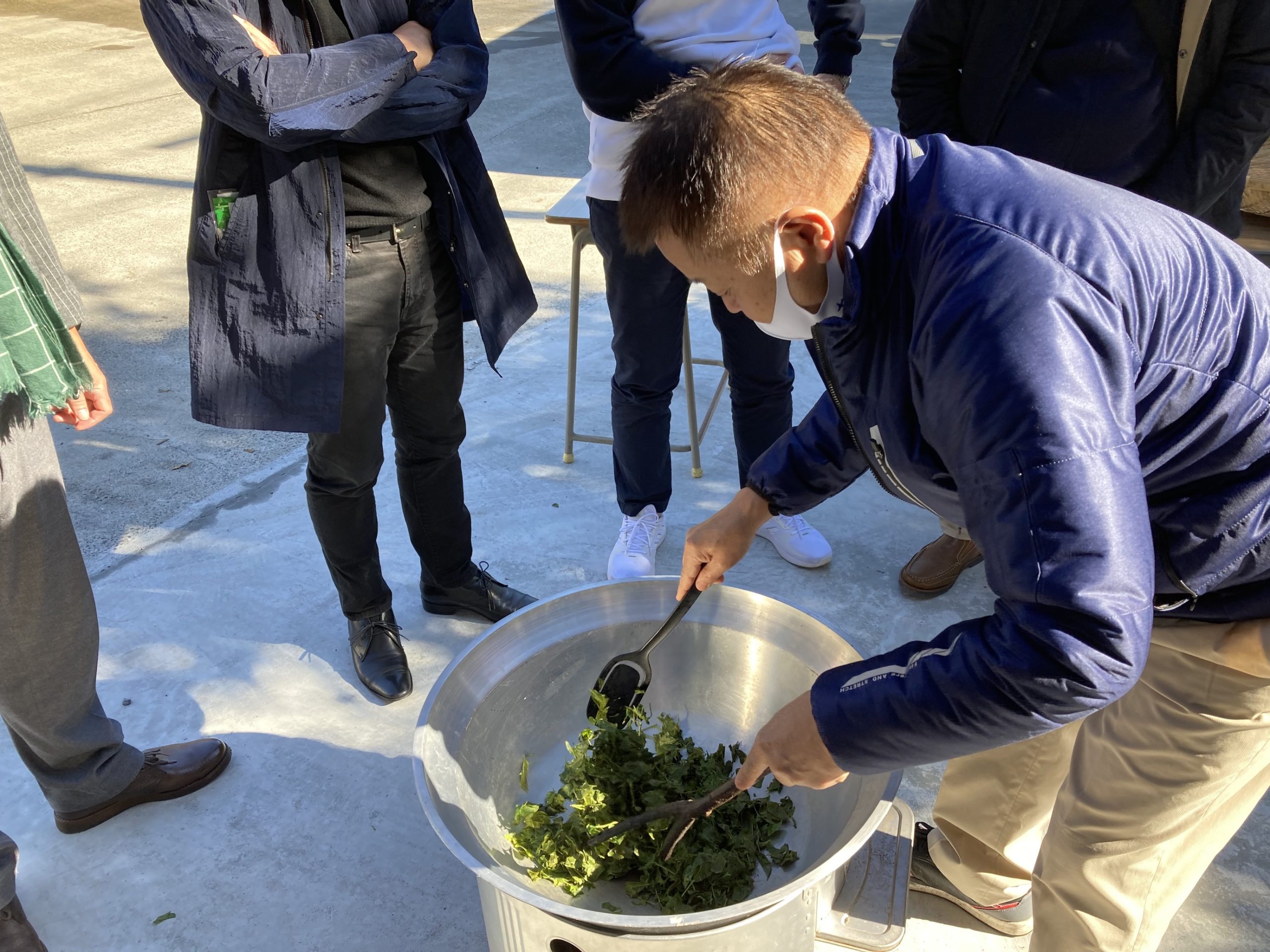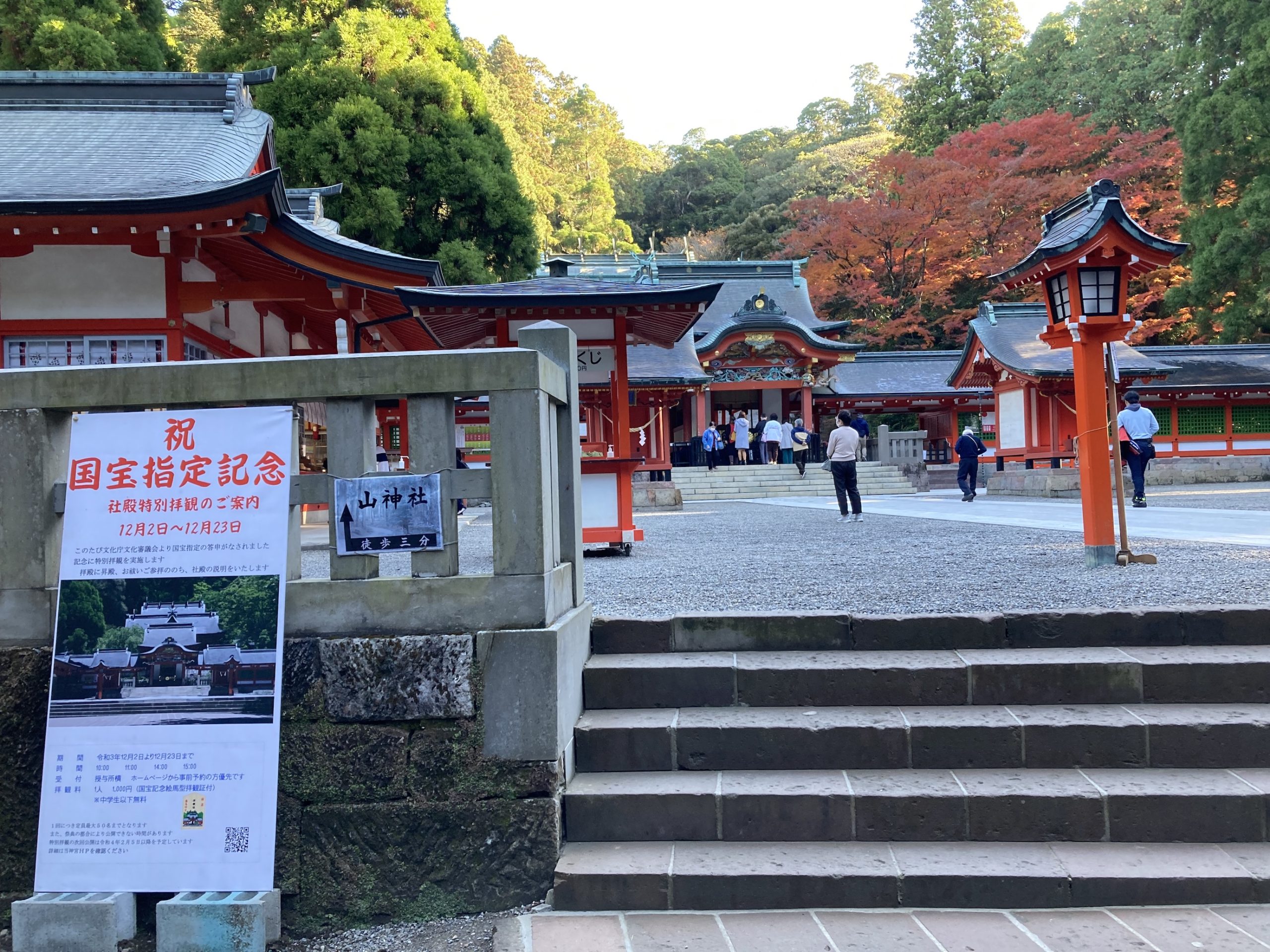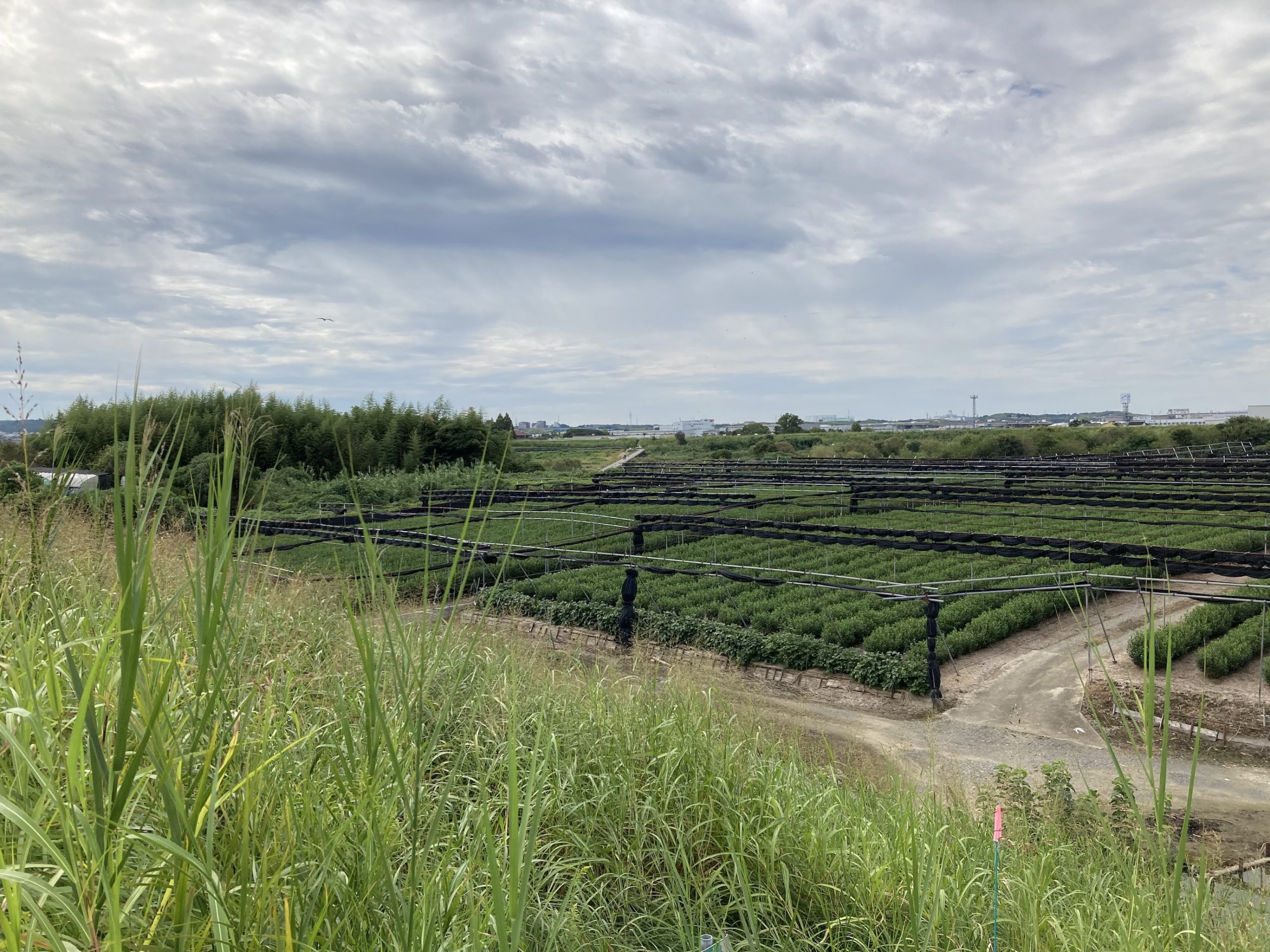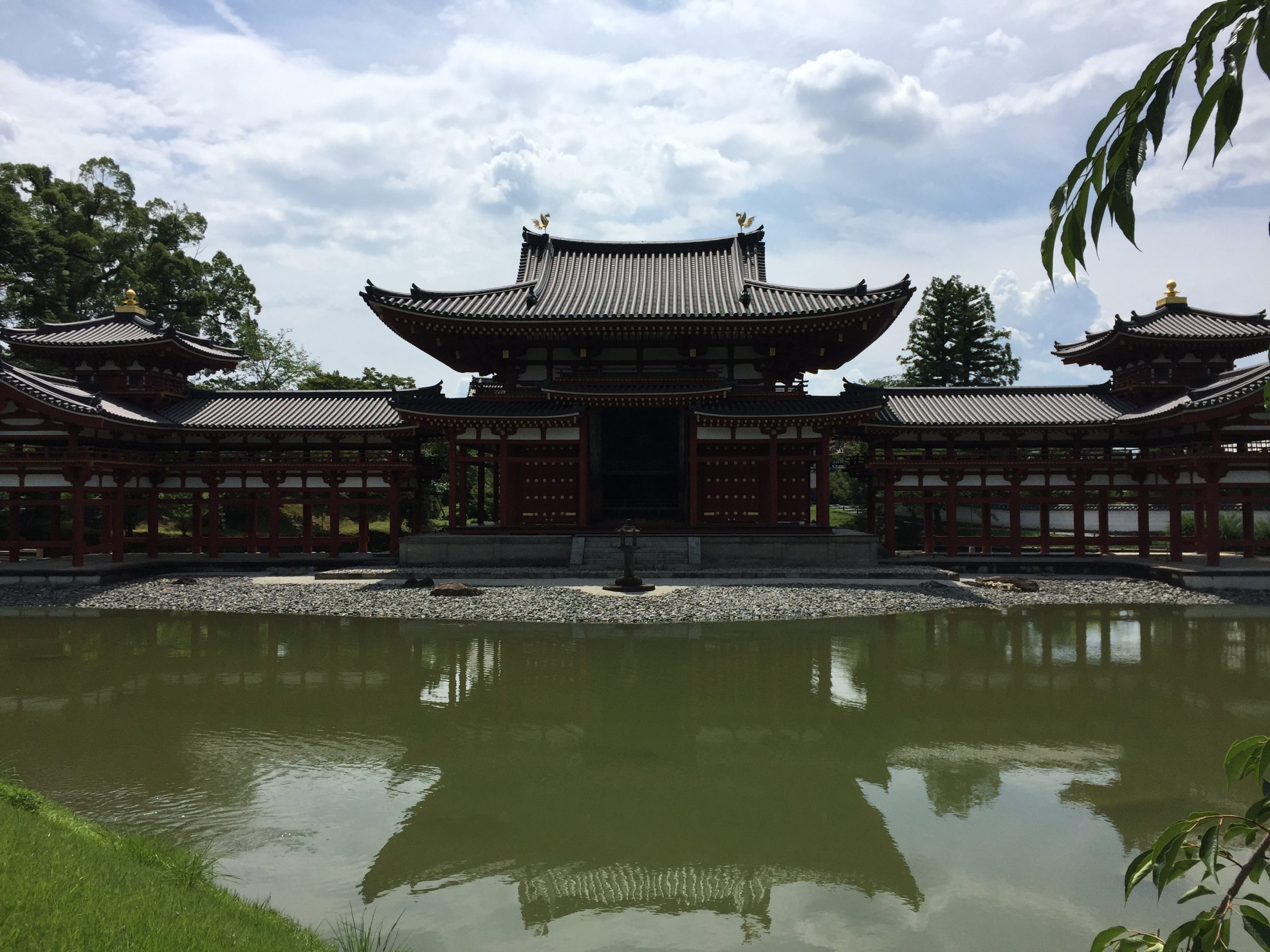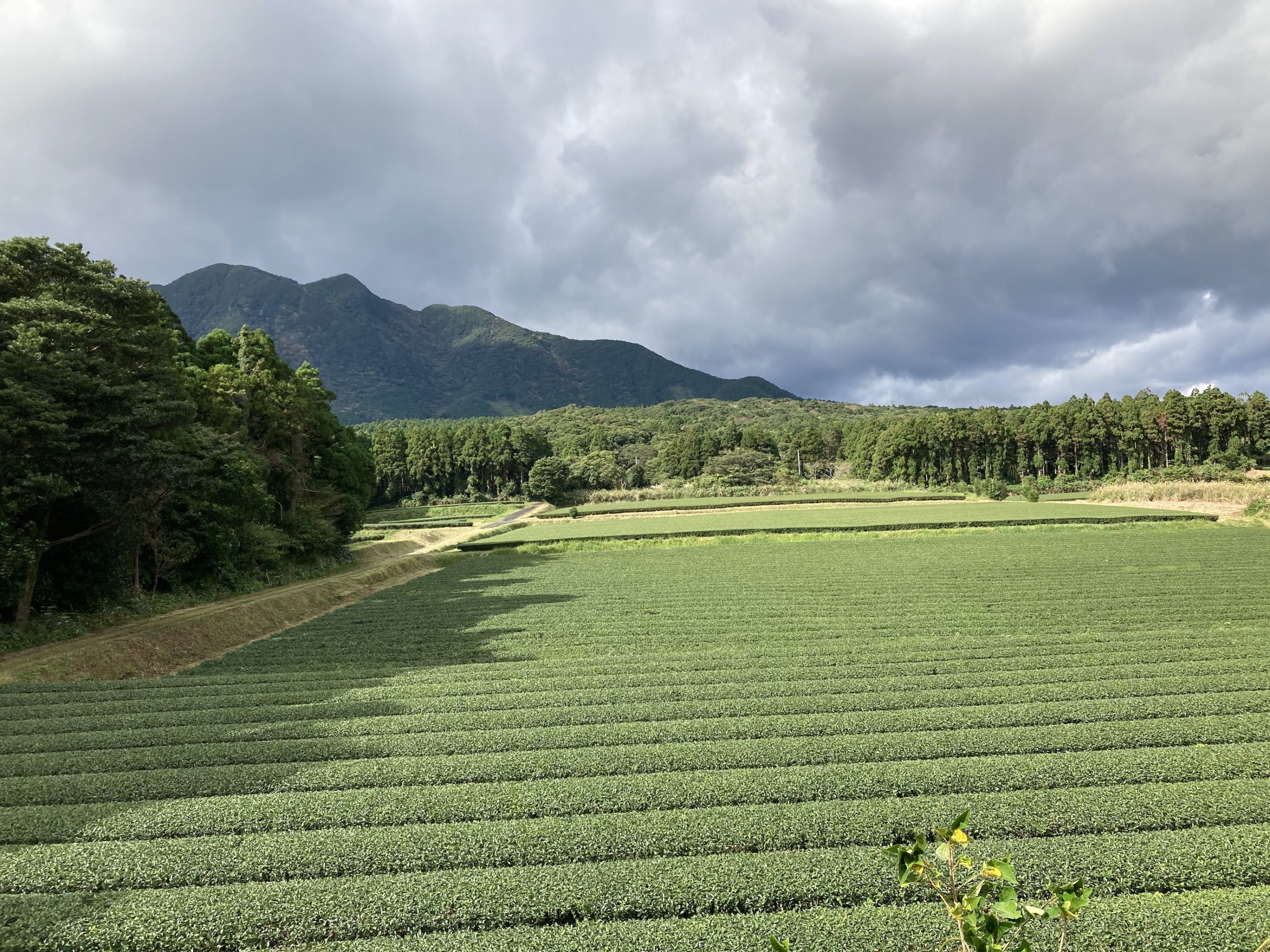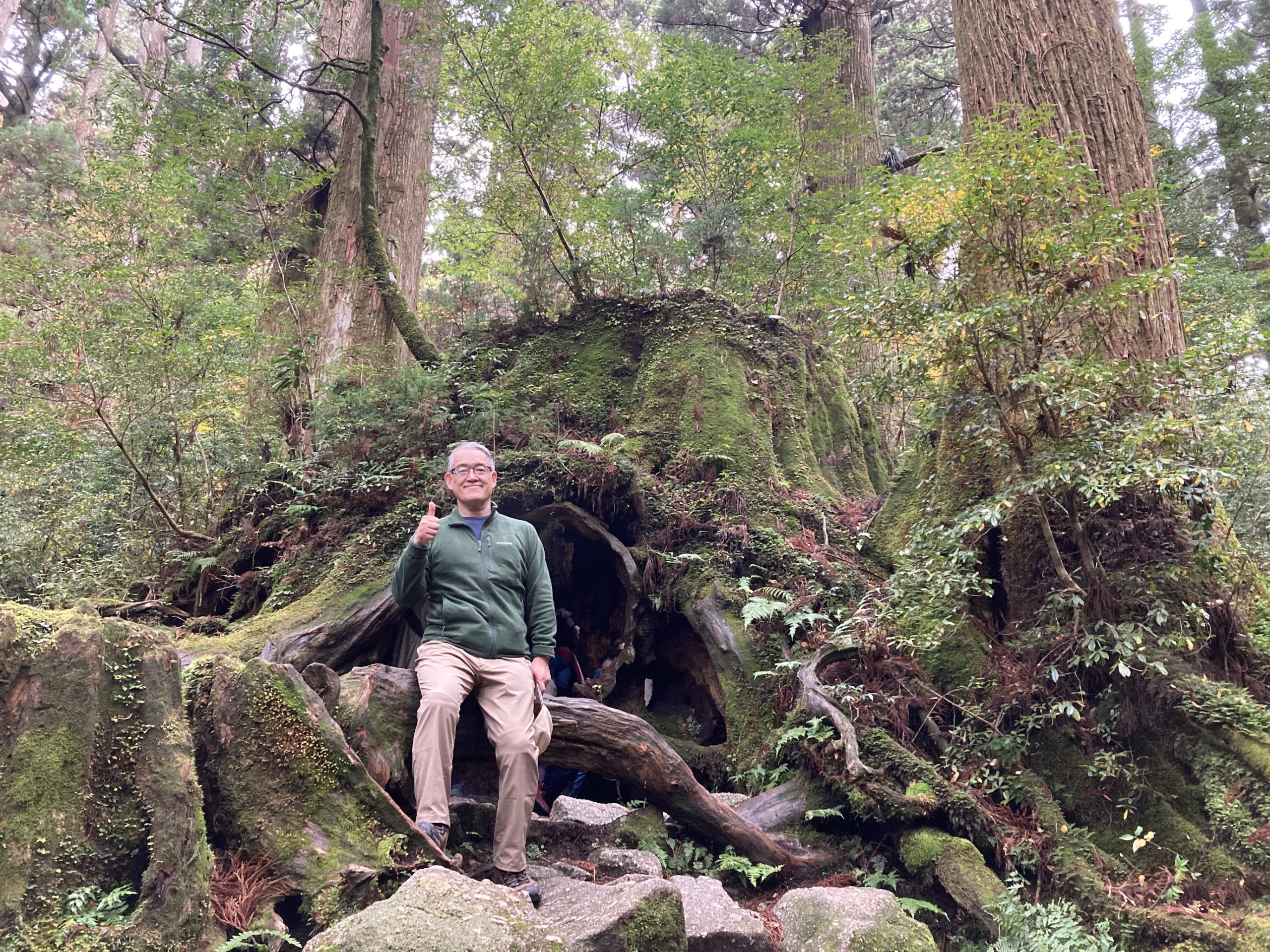
Chiran tea fields, Kagoshima Prefecture
We offer comfortable journeys exploring Japanese tea and hot springs.
A journey to feel the sound of the wind blowing through the tea fields, the scents, and the colors of the sky.
1. Ureshino, Saga Prefecture
Ureshino, situated near famous pottery towns Arita, Imari, and Karatsu, is a rare producer of spherical green tea. Shaped like small balls Ureshino’s tama-ryokucha has minimal astringency and a subtle sweetness.
Matsunaga Ryokuchaen, a three-generation farm that also produces and sells terraced rice and vegetables, offers tours of their tea fields overlooking Ureshino. Following the tour enjoy a fun and fervent flight of teas at the Matsunaga home.
Discover and carefully peruse tea ware at popular local pottery kilns including Hizen Yoshida ware, Arita ware, and Karatsu ware. Ureshino Onsen is renowned as one of Japan’s three finest hot springs for beautifying your skin due to its alkaline-rich waters.
Activities: tea field tours, pottery kiln visits, hot springs
2. Kirishima, Kagoshima Prefecture
Kagoshima is amongst the renowned tea-producing regions along with Shizuoka for Japan’s highest tea production. In particular, the Kirishima region stands out. Known for its misty mountains, including the iconic Takachiho-no-Mine which is mentioned in the historic Kojiki book. Kirishima’s grand natural landscapes are awe-inspiring.
Henta Seicha cultivates organic tea at elevations of 200 to 300 meters and offers precious experiences like roasting tea leaves in a pan. Enjoy excursions related to myths such as the Kirishima Shrine where Ninigi-no-Mikoto, a deity in Japanese mythology, is enshrined in a national treasure main hall.
Revel in various onsen across Kirishima, with nine large and small baths, including sulfur and carbonic sulfur hot springs.
Activities: tea field tours, hot springs, historical walks
3. Uji and Kumiyama, Kyoto Prefecture
Uji, one of Japan’s three major tea production regions, alongside Shizuoka and Sayama, is also the birthplace of Japanese tea. Visit the Sakata Seichajo, a tea field involved with the cultivation of tencha (tea leaves used for matcha) for six generations in Kumiyama Town. It is centrally located in Kyoto’s Yamashiro area. Explore the scenic beauty of Hamacha in Sayamahamadai, certified as part of the Japanese heritage “800 years of Japanese tea history in Kyoto and Yamashiro walk”.
There are numerous attractions such as the UNESCO World Heritage Site Byodoin Temple and Ujigami Shrine in Uji. The area has supported tea culture since tea was introduced from the continent 800 years ago.
It is a must-visit spot for practitioners of the Japanese tea ceremony.
Activities: tea field tours, shrine and temple visits, exploration of Kyoto
4. Yakushima, Kagoshima Prefecture
Known as the Galapagos of the East, Yakushima offers a nature-rich trekking experience. Surprisingly, it is one of the earliest producers of new tea in Japan. Leveraging its grand natural surroundings, many tea farmers here are committed to organic cultivation.
Yakushima Hachimanjyu Chaen, nestled at the foot of Mount Aikodake, practices organic and pesticide-free cultivation. After touring the tea fields, trek through the Jomon Sugi (cedar) Forest or relax in hot springs. We propose a trip where you can fully enjoy the natural beauty of this UNESCO World Heritage Site.
Activities: tea field tours, trekking, hot springs
Business Overview
- Company Name
- Tabi-no-Yamamoto
- Address
- 6-16-13 Nishi-Gotanda, Shinagawa-ku, Tokyo 141-0031 Japan
- President
- Yamamoto Shigehiro
- Contact information
- info@tabi-no-yamamoto.com
- Established
- June 15, 2021
- Travel Agency Registration
- Tokyo Governor’s Registration Travel Agency No. 3-8106
Member of All Nippon Travel Agents Association (ANTA)
MISSION
To revitalize Japan by rediscovering the greatness of Japanese tea and agricultural and marine products through travel.
VISION
Aiming to establish tea as the synonymous beverage of Japan.

